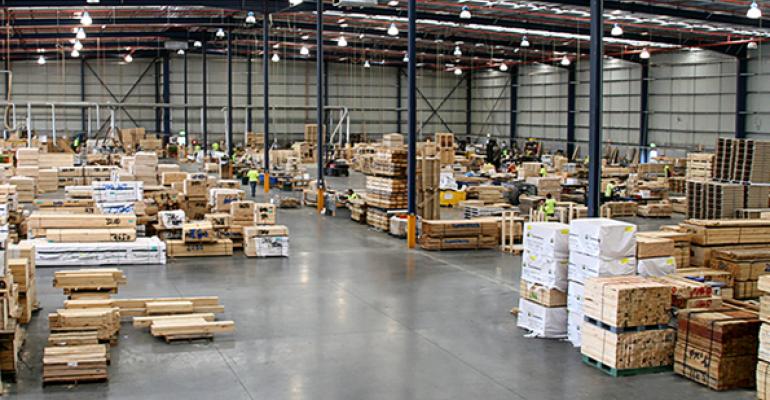With e-commerce and reverse logistics continuously increasing the need for industrial space, investors focused on other property types are shifting toward industrial real estate, notes Ross Litkenhous, Washington, D.C.-based global head of business development at the Toronto-based Altus Group, a global provider of commercial real estate software, data solutions and advisory services.
Investors are especially interested in value-add opportunities and assets in secondary markets with rent growth, because they provide greater returns than acquisitions in core markets, he says. In fact, 61 percent of commercial real estate investors who participated in an Altus Group survey said growth in e-commerce companies like Amazon is having a profound impact on portfolio planning and decision-making.
These findings coincide with a new CBRE report on conversion of defunct big-box retail space to industrial use, which noted that 24 retail-to-industrial projects have commenced around the country since 2016. These projects involved the conversion of 7.9 million sq. ft. of retail space to 10.9 million sq. ft. of new industrial space through repositioning of existing assets or replacing them with new construction. The majority of these projects took place in secondary markets, including Milwaukee, Toledo, Ohio, Kansas City, Kan., Memphis, Tenn., Denver, Cincinnati and Salt Lake City.
Th CBRE report noted that freestanding big-box stores close to population centers are primary candidates for conversion, as they typically offer dock doors, ample parking and clear heights compatible with industrial usage.
This trend is expected to grow as the balance between bricks-and-mortar retail and e-commerce shifts to increased demand for logistics space, while decreasing demand for physical retail space. However, investors who decide to go tat route might faces challenges arising from competing site uses, zoning restrictions and increasing land and construction costs. Another impediment to conversion is that some retail centers have mortgages predicated on retail lease rates, so would require lender approval for a use that generates lower rents, as well as the blessing of neighbors or nearby retailers, CBRE researchers note.





